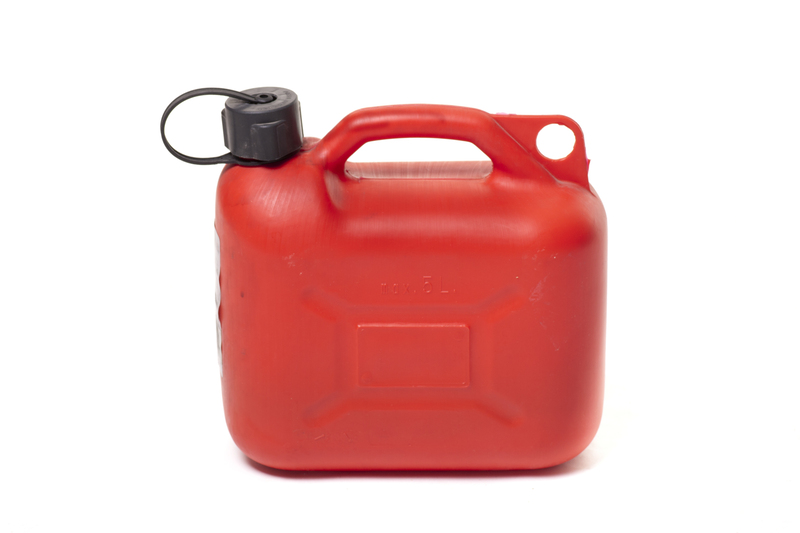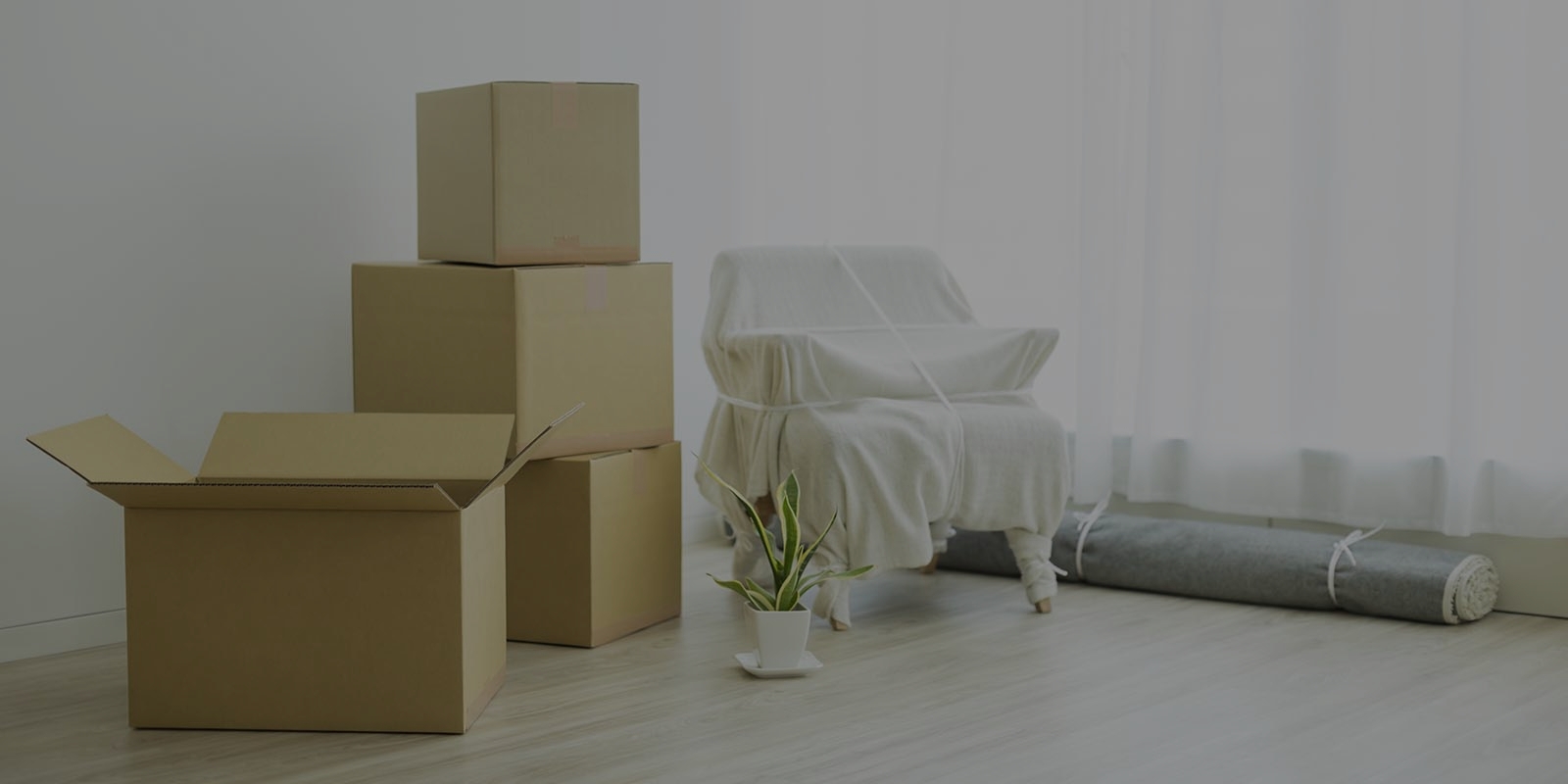Handling with Care: Professional Piano Movers' Advantage
Posted on 30/05/2025
Handling with Care: Professional Piano Movers' Advantage
Moving a piano is no ordinary task. It requires finesse, expertise, and specialized equipment to ensure that the instrument's delicate structure and beautiful tone remain intact during transport. Whether you own a grand piano, upright, or digital model, safeguarding your beloved instrument calls for true professionals. In this comprehensive guide, we explore why professional piano movers are essential, the distinct advantages they offer, and what you must consider when hiring their services.
Why Moving a Piano is Exceptionally Challenging
Pianos are more than just musical instruments--they are complex works of art, often holding significant sentimental and monetary value. An average upright piano weighs between 300 to 500 pounds, while grand pianos can tip the scales at nearly 1,200 pounds! Their size, shape, and weight distribution render them extremely difficult to handle.
- Irregular Weight Distribution: Unlike furniture, pianos have most of their weight concentrated in strange places, making them hard to balance.
- Fragile Components: The inner mechanisms--made of wood, felt, and metal--are highly sensitive to shocks or drops.
- Delicate Finish: Scratches or dings on the lacquer can ruin the instrument's appearance and resale value.
- Injury Risks: Improper handling can result in severe injury to movers and irreparable harm to the piano.
With so much at stake, it's clear why many people turn to expert piano moving services for help.

The Major Advantages of Hiring Professional Piano Movers
1. Specialized Knowledge and Expertise
One of the foremost professional piano movers' advantages is their extensive training and knowledge. Standard movers may excel at transporting boxes and furniture, but pianos require more precise techniques. Experienced piano movers have specialized skills in disassembling, securely wrapping, and reassembling various types of pianos with minimal risk.
2. Professional Equipment and Tools
Using the right equipment can make all the difference. Professional piano moving companies invest in custom dollies, ramps, padding, and skid boards designed specifically for piano relocation. They also use secure harnessing systems to keep your instrument steady and protected on staircases, ramps, and through entryways.
- Piano Dollies: For smooth rolling of heavy pianos.
- Straps and Harnesses: To stabilize and balance during lifting.
- Padded Movers' Blankets: For wrapping and safeguarding against scratches or impacts.
- Skid Boards: Essential for grand piano transportation and stair navigation.
- Protective Gloves: To ensure a secure grip and avoid accidental slippage.
3. Insurance and Liability Coverage
A top professional piano mover advantage is comprehensive insurance protection. Trusted moving companies provide liability coverage that shields you from financial loss should any accidental damage occur. If you attempt to move a piano yourself, you assume full responsibility for any harm to your instrument, property, or injuries to yourself.
4. Efficient, Time-Saving Service
Professional piano movers plan every part of the relocation process--from measuring doorways to charting the safest path through hallways and stairs. Their efficiency minimizes the risk of delays and ensures a smooth transition, saving you hours of work and worry. Their experience allows them to anticipate and overcome potential obstacles that might otherwise trip up an amateur.
5. Protecting Your Home and Surroundings
Moving a piano can easily result in dents, wall scratches, or even damaged flooring. Experienced piano movers use special padding and maneuvering techniques to avoid damaging your home. This level of attention and care is rarely found in a standard moving service.
Common Types of Pianos Moved by Professional Teams
Understanding the type of piano you own can help ensure the right approach is used during your move. Piano moving specialists deal with various models, including:
- Grand Pianos: These range from the petite baby grand (about 5' long) to the majestic concert grand (9'). Their shape and weight demand skilled handling and partial disassembly.
- Upright Pianos: Often found in schools and homes, uprights are tall and narrow but heavy at the base, requiring balance and careful tilting.
- Digital Pianos: While typically lighter, high-end digital pianos can still be cumbersome due to fragile components or attached stands.
- Organs and Specialty Instruments: These require unique knowledge, which only a seasoned piano moving service can offer.
What Happens During a Professional Piano Move?
A professional piano moving service typically follows a planned process to ensure safety and efficiency. Here's a closer look at what you can expect:
- Assessment: The team evaluates the piano's size, weight, and condition, as well as the layout of both the current and destination locations.
- Preparation: Floors, doorways, and tight passages are measured. Padding is applied, and removable parts--such as lids, pedals, or legs--are taken off when possible.
- Securing the Instrument: The piano is wrapped, secured with straps, and placed on a piano dolly or skid board for transport.
- Transportation: Movers navigate obstacles, stairs, or ramps, always maintaining balance and composure. The piano is gently loaded onto a climate-controlled truck built for delicate cargo.
- Reinstallation: Upon arrival, the process is reversed. Movers assemble any detached components and place the piano exactly where you want it.
Every step is designed to minimize risk and maximize the piano's safety--a key advantage of professional piano movers.
DIY Piano Moving: A Risky Choice
While moving a piano yourself may sound appealing, it often leads to disaster. DIY attempts are one of the leading causes of piano damage and personal injury. The tall, heavy, and awkward design of most pianos make them nearly impossible to maneuver safely without experience and the right tools.
- Personal injury: Lifting a piano incorrectly can cause serious back injuries or crushed fingers.
- Property damage: Attempting to force an instrument through tight spaces could damage your floors, walls, or door frames.
- Piano damage: Pianos are highly sensitive instruments; improper handling can lead to broken internal components or ruined finishes.
- Lack of insurance: Any loss is entirely your own responsibility, and repair costs can be staggering.
Why Trusting the Pros Makes Sense
Entrusting your instrument to a reputable piano moving company isn't just about convenience--it's about ensuring your piano arrives at its destination with its tone, structure, and finish unharmed. Professional piano movers blend experience, technique, and care in a way that simply can't be replicated with DIY or generic moving companies.
How to Choose the Right Professional Piano Movers
With many moving companies in the market, how can you identify true professionals specializing in piano transport? Here are some critical tips:
- Check for Specialization: Ensure the company advertises explicit piano moving services. General movers may lack the expertise your instrument requires.
- Read Reviews: Check for customer testimonials and reviews on trusted platforms. Satisfied clients are a good indicator of quality service.
- Ask About Equipment: Professionals will always use appropriate dollies, pads, and lift systems. Ask for details.
- Verify Insurance: Only hire movers that provide comprehensive insurance coverage for your piano.
- Get a Written Quote: Transparent pricing is a hallmark of reputable piano moving companies. Avoid vague or suspiciously low estimates.
Questions to Ask Before Hiring
- How much experience do you have moving pianos of my type and size?
- What safety measures and equipment do you use?
- Do you offer climate-controlled transportation (especially important for long-distance moves)?
- Is your team fully insured and licensed?
- How do you handle unexpected challenges during a move?

Frequently Asked Questions: Piano Moving
How much does professional piano moving cost?
The price varies based on piano type, distance of the move, complexity (stairs, narrow spaces), and location. Expect anywhere from $150 for short, local moves to over $1,000 for complex or long-distance relocations. Get detailed quotes from several piano moving experts.
Can't I just use regular movers for my piano?
While some general movers may agree to move a piano, many lack the experience, specialized equipment, and insurance required. Entrusting a trained piano moving specialist is always the safer bet.
Do I need to tune my piano after moving?
Most experts recommend waiting a couple of weeks after moving to have your piano tuned. The instrument needs time to adjust to its new environment, especially if temperature or humidity changed significantly.
Conclusion: The Value of Choosing Professional Piano Movers
Your piano is more than a piece of furniture--it's a cherished instrument, an heirloom, and possibly a valuable investment. Protecting it begins with a careful move, handled by the right experts. Professional piano movers provide advantages that outweigh any DIY risks: their specialized knowledge, professional-grade tools, comprehensive insurance, and proven techniques make for a stress-free, secure transition. The cost for their service is minimal compared to the risk of damage or injury.
So, the next time you're planning a relocation, choose the piano moving professionals who prioritize your instrument's safety and your peace of mind. It's an investment in your music's future!
Contact a Trusted Piano Moving Service Today!
Safeguard your piano's sound, look, and legacy by working with a dedicated piano moving specialist. Request quotes, ask questions, and enjoy the confidence that comes with having true experts look after your treasured instrument.
Latest Posts
Stress Less: Declutter Before You Move
Achieve a Flawlessly Clean Home Before Moving Out
Key Insights to Flawless Packing for Your House Move







